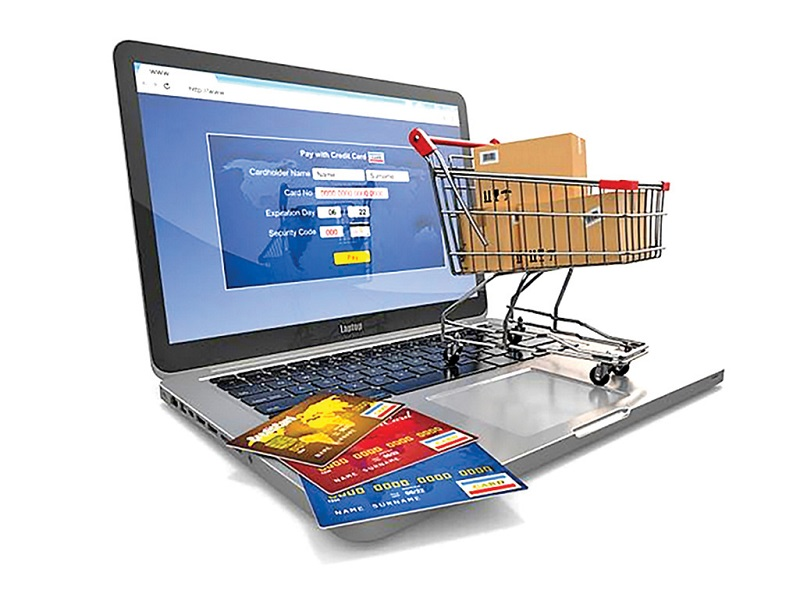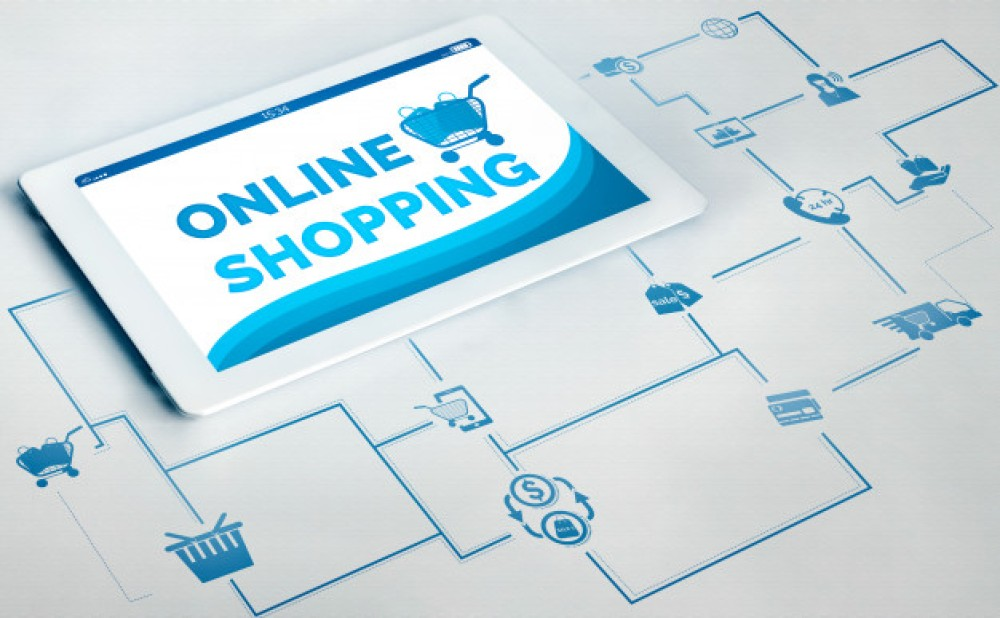The modern world has given us so many opportunities to use various services on the internet. One of these services is shopping for goods without leaving home, allowing you to save money and time. As soon as a lucrative offer appears, scammers immediately become active. Many scammers pose as sellers on online store platforms.
How to Recognize Fake Sellers
Fake sellers set up stores with non-existent goods on websites. They can clone a popular site and offer products at a discount, which attracts customers. Having made a purchase online with advance payment, the victim may be left without the goods. The scammer receives the payment and does not send the goods, which they may not even have.
A sign of fake sellers online is a significantly undervalued price or a promotional offer where the price is lower than on other internet resources. You should:
- check the website;
- read reviews;
- hear recommendations from familiar users of this site.
Scammers on Online Sales Platforms
Scammers are very good manipulators and use social engineering to lure clients, using aggressive advertising on internet resources. They attract the attention of users whom they will deceive. Examples of such aggressive advertising can be:
- intrusive links;
- pop-up ads;
- promotional offers;
- raffles.

When making sales online, scammers deceive buyers in the following ways:
- do not send the goods;
- send something completely different, with no return option;
- delete the phone number, making it impossible to call or message, as the subscriber no longer exists;
- demanding a refund is also impossible.
Scammers can make an enticing offer not only for selling goods but also, for example, cryptocurrencies. They create an attractive price and hype around it so that a potential victim wants to participate in this process and invest money, but receives nothing in return.
Fake Seller Accounts
Scammer sellers create fake one-day accounts that serve to correspond with the buyer. But as soon as the transaction is completed, the account disappears, the correspondence is deleted, and proving anything is almost impossible.
Fraudsters hack users' personal accounts on websites. Using this scheme, they place orders with fake sellers, debiting money from other people's profiles and bank cards. This scheme is possible because many buyers link their bank cards to their payment accounts to purchase with one click. The fact that there is no need to enter verification bank codes with payment confirmation poses a danger, allowing fraudsters to use this to place orders and steal finances.
Signs of a Fake Seller
No less dangerous scheme on e-commerce sites is - hacking the buyer's account. In this situation, the scammer tries to deceive the victim and does not use account data in conjunction with phishing. Fake sellers will seem quite real and have good reviews on their site, naturally, specially created. To make the fraudulent scheme work, it is necessary to create a fake account for the seller in their system, making the procedure plausible. Thus, fraudsters hack personal accounts and on behalf of buyers place orders for the largest possible amount on this fake site.
The victim of a scammer becomes a person who used a phishing mailing list. This should already be alarming when aggressive advertising is promoted, and a link is given to a specific site, these are signs of a fake seller.
Online Purchase Safety
If you are going to shop online, you need to protect yourself and be sure that you will receive the goods, so it is necessary to:
- verify the authenticity of the online store;
- get a separate card for online purchases or sales;
- choose the payment method yourself, not automatically;
- use payments only from your device, do not do this from others' devices;
- understand the feedback with the buyer, what messengers they use;
- set complex passwords on banking;
- secure your gadget with a virus and spam protection system;
- keep personal information confidential;
- do not disclose the card number, its password, and secret verification question;
- the payment should only be made through secure payment systems.
How to Avoid Scams on Sales Platforms
One of the security systems now is two-factor data authentication. During registration on the marketplace, this protection allows having an additional factor when connecting to the personal account. Even if a scammer has obtained your login, has passwords, it will be difficult to pass, as they do not know the additional information.
Be cautious when visiting such sales sites, observe informational hygiene, and use only verified sites and trusted sellers.
 >
>